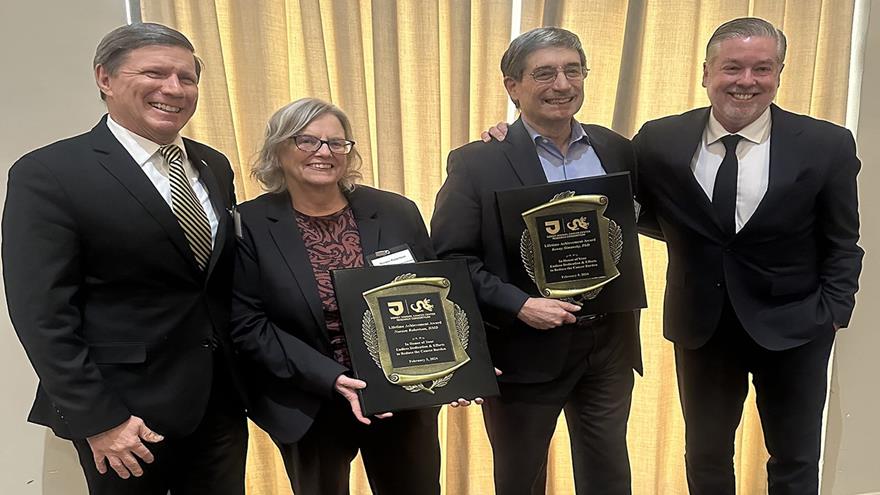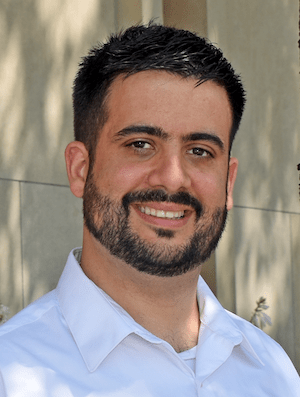Drexel Researcher Receives NIH Director's Early Independence Award to Study City Growth


As a city gets larger, do its residents get sicker? Or maybe healthier? One Drexel University researcher is going to study 718 urban areas in order to find out.
Usama Bilal, MD, PhD, an assistant research professor in the Urban Health Collaborative and the Department of Epidemiology and Biostatistics at Drexel’s Dornsife School of Public Health, has been awarded a $1.25-million Early Independence Award from the National Institutes of Health to better understand the health consequences of urban scaling.
The award is part of the NIH’s High-Risk, High-Reward Research program, which supports “extraordinarily creative scientists proposing highly innovative research to address major challenges in biomedical research.” Bilal is one of only 11 researchers to receive the prestigious NIH Director’s Early Independence this year. Established in 2011, it provides an opportunity for exceptional junior scientists to skip traditional post-doctoral training and move immediately into independent research positions.
“This highly competitive award is a testament to Dr. Bilal’s impressive achievements very early in his career and forward-thinking research ideas, but also to the environment here at our School that supports and encourages this kind of work,” said Ana Diez Roux, MD, PhD, dean of the Dornsife School of Public Health.

By year 2050, at least 70 percent of the world’s population is expected to live in cities. Growing cities pose special challenges for public health, as they often represent areas of increased crowding, social interactions and industry.
With increased population density, health problems like chronic and infectious diseases, also become more common. Conversely, burgeoning cities can also benefit their residents. For example, as cities grow, road lengths shrink, which could lead to fewer vehicle accidents and better cardiovascular health.
“In a highly connected and globalized world, health crises in places like Latin America ripple through and reach the U.S. in a short period, as was evident by the Zika virus crisis,” said Bilal, who will conduct his research at Drexel’s Urban Health Collaborative. “There is a real need to understand the health consequences of this expanded urbanization process and how it can be managed to promote health.”
Bilal plans to study the “scaling properties” – such as pollution, wealth, wages, social interactions and housing — of 718 cities in the United States and Latin America. He will compare that data with vital statistics (mortality) and other health outcomes within these areas.
To study the cities within 11 Latin American countries included in the research project, Bilal will use data from the Salud Urbana en America Latina study (SALURBAL). This study, funded by the Wellcome Trust, is a five-year collaborative endeavor of Drexel’s Urban Health Collaborative, the University California Berkeley, and 13 Latin American institutions. He will obtain data for U.S. cities from various domestic sources, including the National Center for Health Statistics and the Retail Environment and Cardiovascular Disease project, also housed at Drexel.
Bilal said that understanding the urban scaling of health outcomes can “provide building blocks” to understanding the dynamics and processes that link urban growth to population health. He hopes this research project will inform urban planners and policymakers to identify and find solutions for public health challenges in urban areas.
“When it comes to public health,” Bilal said, “population thinking is fundamental, and even more fundamental in cities.”
In This Article
Contact
Drexel News is produced by
University Marketing and Communications.